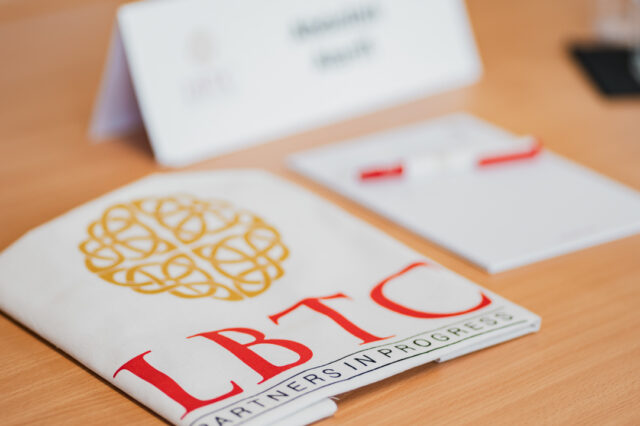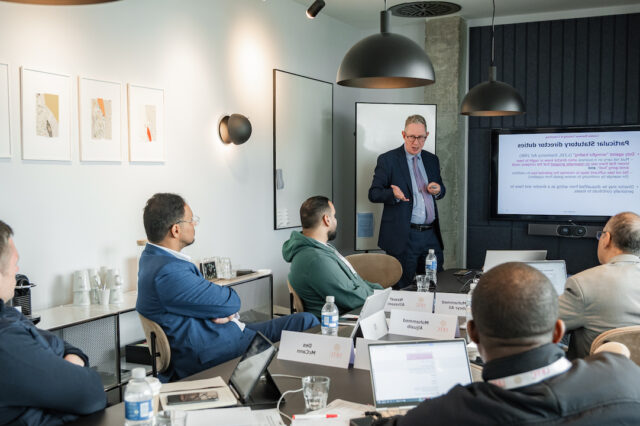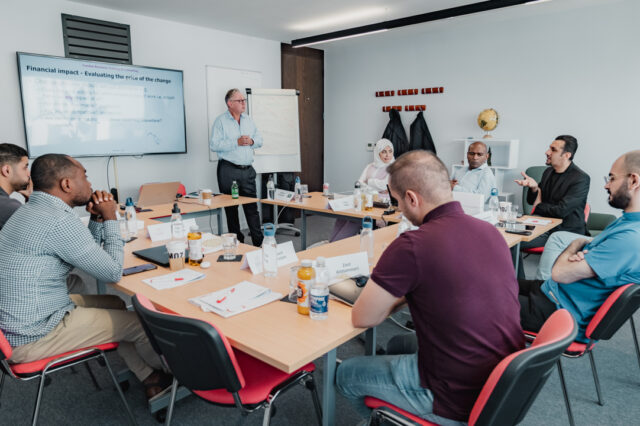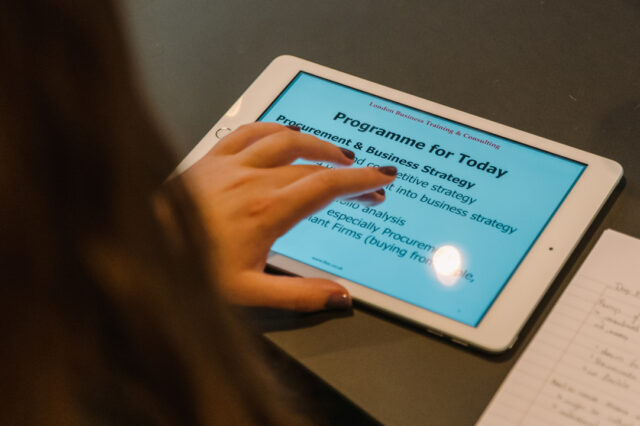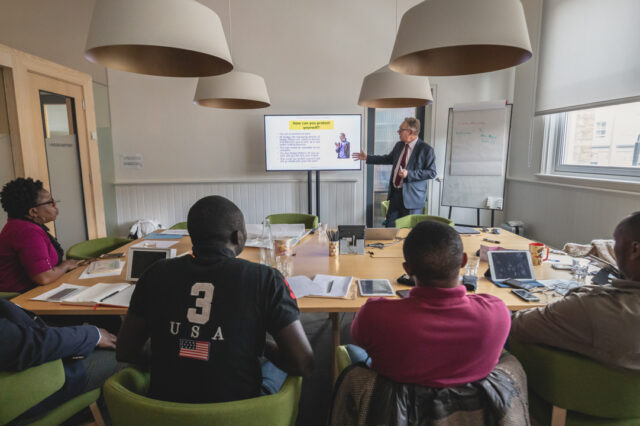Course Overview
Starting out in procurement or refreshing your procurement skills after a break, means getting to grips with the “Essentials” of the topic. This course is ideal for that purpose. The course examines how corporate procurement takes place – usually on a competitive footing, but sometimes by placing direct orders with a supplier. The course will unpick the advantages and disadvantages of competitive procurement, and looks at who does what and when they do it. It will also walk through the key steps in the procurement process and examine examples of procurement documents, such as the Statement of Requirement (also known as the Scope of Work).
Procurement Excellence is more than just operating a process. Skills in managing colleagues, potential suppliers and higher management are all necessary. But perhaps the most important ingredient is exercising judgement. Procurement involves making decisions, and that can be difficult. A good procurement manager needs to be able to set aside personal preferences for particular suppliers and operate transparently but in such a way that the organization for whom he works makes the right choices. These choices are based on a proper definition of needs and an assessment of how those needs can be met and by whom. This course explores these issues comprehensively.
The management of the procurement function itself – as opposed to the management by procurement staff of contractors and suppliers – can make the difference between having a purely administrative, internal service provider team that operates in the background, or a strategically important function that can help shape the success of the enterprise. If the head of procurement is a mid-ranking manager he or she may not have the ear of the chief executive. But if the company has a Chief Procurement Officer in the “C Suite”, working alongside his or her peers from Finance, Operations and Technology, then it’s fair to assume procurement is seen as key to delivering the corporate strategy. This course looks at its aspects at its most influential and value-adding.
The course will wrap with a summary of the key learning points, followed by an action planning exercise with a view to apply the acquired knowledge and skills immediately upon your return to work. Post-course support is also available in relation to the implementation of your action plan, up to six (6) months following course completion.
Agenda
Fundamentals of Procurement
- The role of the Procurement Function
- Material requirements planning
- Public procurement and private procurement compared
Global Procurement Processes
- Competitive and non-competitive purchasing
- Bids and Tenders documentation
- Managing an open and transparent process
- Avoiding mistakes that could cancel the procurement
Procurement Sourcing
- Writing the Statement of Requirement / Scope of Work
- Supplier Sourcing
- Working with approved suppliers
- Prequalification
- Highlights of tender evaluation
E-Procurement
- E-Procurement
- Benefits of automated procurement systems
- Alternative approaches and suppliers
- E-Auctions
- Extending the purchasing activities into contract management
Procurement’s Support to the Organization
- The Interface between Supply Chain Management and Procurement
- Competitive procurement alternatives
- Defining business needs (Inputs, outputs and outcomes)
Evaluating Suppliers and their Bids
- Technical Evaluation of bids –
- planning and implementation
- Commercial Evaluation of bids –
- planning and implementation
- Sustainable Procurement
Negotiating the Best Deal
- Contract Negotiation tools and techniques
- Managing contract award
- Handling objections from losing bidders
Sustainable Procurement
- Sustainable procurement
- Building sustainability into your requirements
- Key issues to focus on
- Impact of local content requirements on your criteria selection
Procurement and Business Strategy
- The development path for procurement from transactional to value chain management
- Procurement Organization, structure and job functions
Managing Procurement Risk
- What risks should procurement be considering?
- A process to identify, analyse and respond to priority risks
- Important supply chain risks – case study
- How to manage risks that turn into reality
Procurement – Performance Measurement and Governance
- Benefits of measuring the performance of procurement
- Assessing Purchasing Effectiveness and Purchasing Efficiency
- KPIs for measuring performance
- Procurement Information systems
Course Review
- Summary and recap of key learning objectives
- Action Planning
Target Audience
This course is suitable for:
- Procurement Officers, analysts and managers.
- Contract Engineers and analysts.
- Quantity Surveyors
- Commercial advisers
- Procurement team members
- General managers
- Executives tasked with managing contracts.
- Contract Administrators
- Anyone who wishes to have a good understanding and involvement in purchasing activities.
Learning Outcomes
Upon completion of this course, you will have:
- An excellent grasp of the essentials of procurement processes and the justification for adopting one approach versus another. This will include:
- Selecting the best procurement strategy for your transaction, in the public or private sector.
- Writing the Statement of Requirement / Scope of Work.
- Learning how to attract potential suppliers, pre-qualify them for suitability and make a selection.
- Working with bids and tenders documentation.
- Considered “What good procurement looks like”.
- Understood the choices of available procurement methods a given situation.
- Learned how to carry out an evaluation of proposals from suppliers in a fair and transparent way.
- Practiced negotiation skills.
- Comprehended the key issues around sustainability in purchasing.
- Learned about the value Procurement can bring to delivering the corporate strategy.
- Considered how to structure the procurement function, to make the biggest difference inside organizations.
- Acquired skills in important procurement activities, such as value chain analysis, purchasing portfolio management and category management.
- Practiced techniques in benchmarking the performance of the procurement team.
- Devised an Action Plan to be implemented at your workplace using the knowledge and skills acquired through the course.
Course Dates
Spaces limited to NINE (9) delegates per course. Book Now to avoid missing out!
Similar Courses
Procurement Essentials
Duration: 5 days
Procurement Excellence
Duration: 5 days
Procurement Strategy
Duration: 5 days
Advanced Procurement Essentials
Duration: 2 weeks
Advanced Procurement Excellence
Duration: 2 weeks
Advanced Procurement Excellence and Contract Essentials
Duration: 3 weeks
Procurement Strategy and Advanced Contract Management
Duration: 3 weeks
